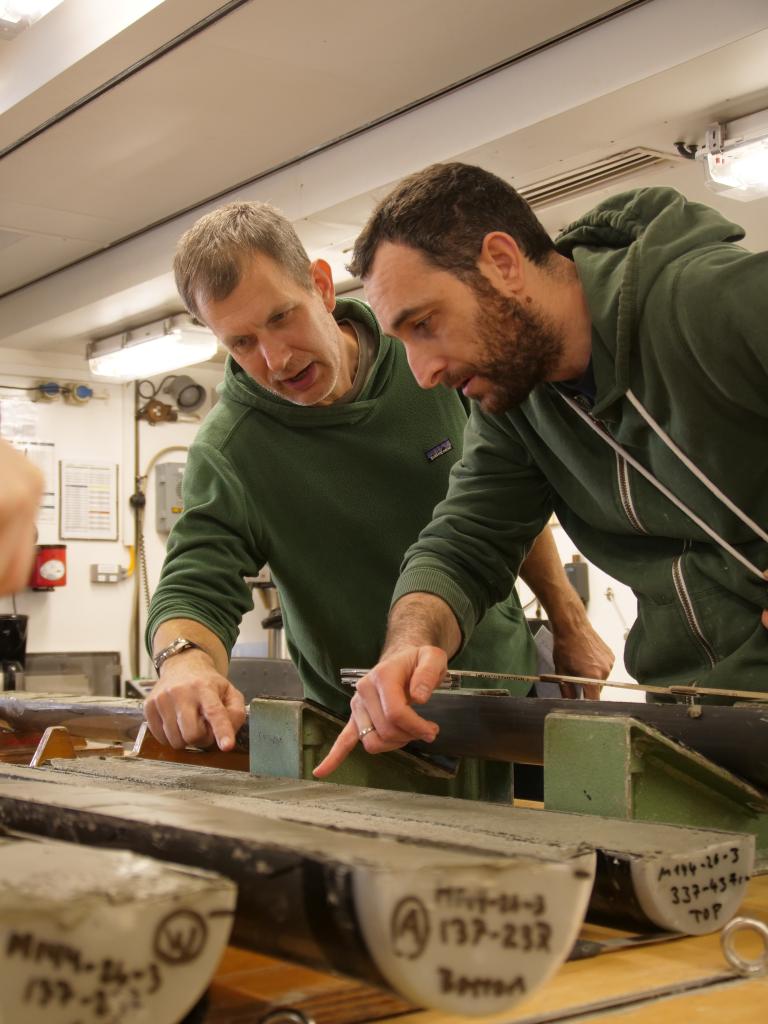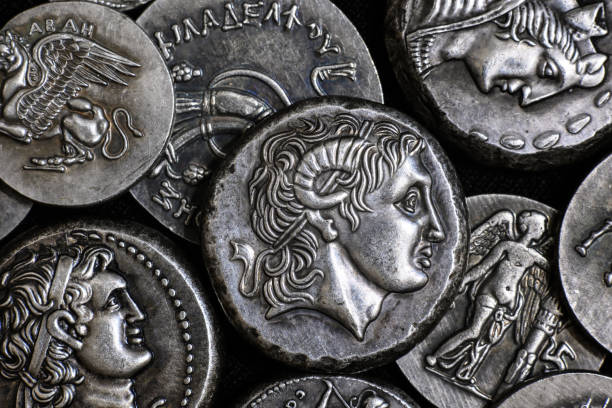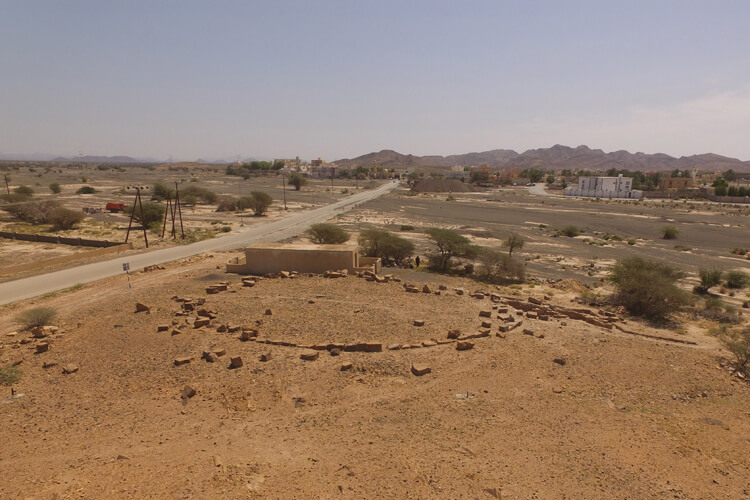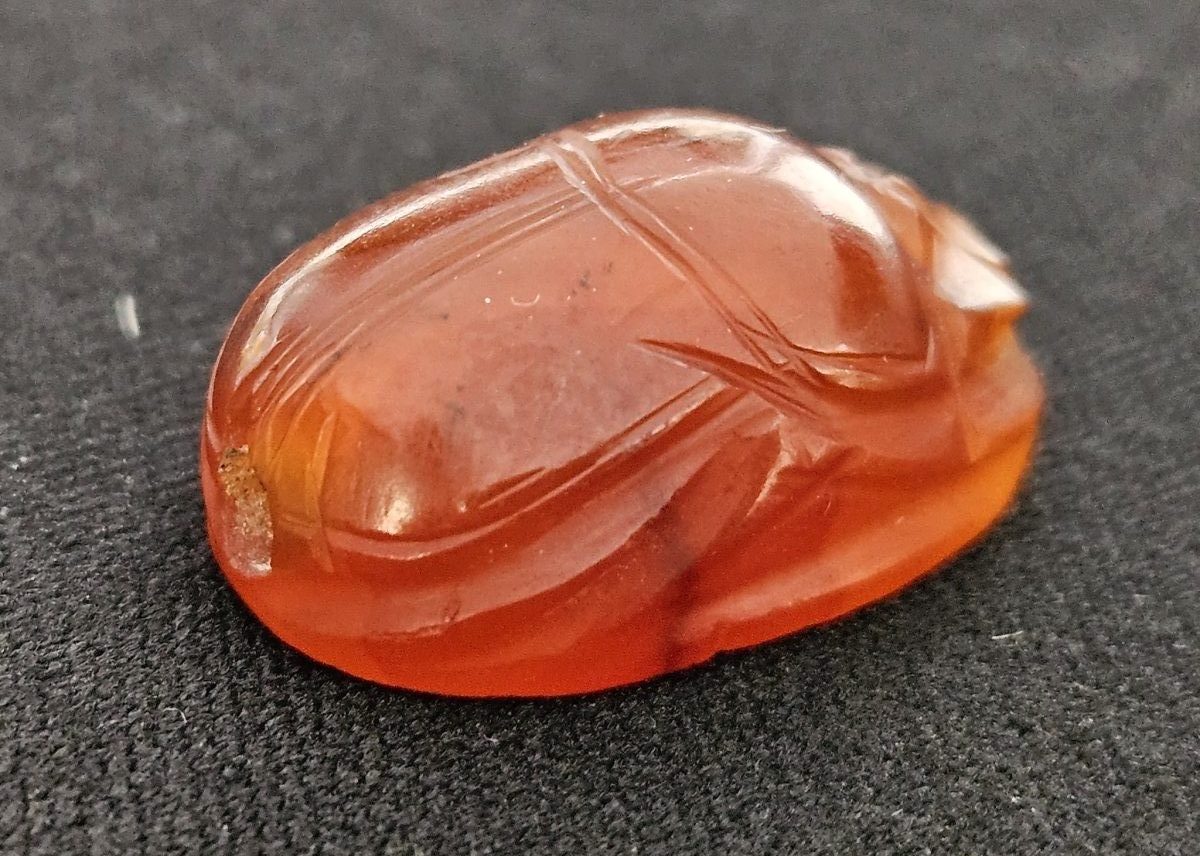Greek and German archaeologists have revealed compelling evidence that the rise of currency in Ancient Greece contributed to increased environmental pollution. This finding underscores the complex relationship between economic development and ecological impact throughout history.
Lead, a byproduct of human activity, first appeared in archaeological records around 5,000 years ago, coinciding with the smelting and refining of lead ores for silver production. It can be found in the dental and skeletal remains of ancient humans, as well as in environmental samples preserved in archaeological layers dating back approximately 2,500 years, around the time coins emerged.
To investigate the trajectory of lead pollution in Ancient Greece, Koutsodendris and his team conducted a study along the seabed and coastline of the Aegean Sea. They carefully excavated a long, vertical section of the seabed, which provided layers of material that had accumulated over thousands of years.
These layers can be dated and analyzed to gather clues about what fell to the seabed during specific periods. Koutsodendris’s team searched not only for signs of pollution but also for pollen, which serves as an agricultural activity indicator, revealing a broader picture of the human societies in the region.
Analysis of core samples uncovered the oldest anthropogenic lead pollution to date, dating back approximately 5,275 years. This predates the previously known oldest anthropogenic lead pollution by about 1,200 years and coincides with the onset of the Bronze Age in the area.
Interestingly, researchers found no signs of lead pollution in layers associated with the entirety of the Bronze Age. However, a dramatic increase was observed around 2,225 years ago, shortly after a similar rise was detected in Ancient Roman skeletons.
Archaeologist Joseph Maran from Heidelberg University explains, “The changes coincide with the Romans’ conquest of Hellenistic Greece; the Romans then began to appropriate the region’s rich resources for themselves.”

Meanwhile, changes in pollen indicate shifts in the economy, reflecting Ancient Greece’s transition from a predominantly pastoral society to one increasingly driven by currency. This transition appears to have had a profound environmental impact, marked by widespread deforestation, agricultural expansion, and a significant increase in environmental heavy metal accumulation.
The Romans’ push for mining and smelting metals such as silver, gold, and lead, which covered Roman infrastructure, contributed to this pollution. Such activities not only leaked lead into the environment but also necessitated increased wood production to fuel smelting facilities, alongside land clearing for agricultural purposes.
Researchers note, “The incorporation of Greek regions into the Roman political sphere provided new rulers with opportunities to exploit the natural resources of recently conquered provinces,” adding, “This led to an unprecedented increase in the exploitation of Greek mining regions for gold, silver, and other metal resources.”
This exploitation likely contributed to a rise in lead poisoning among the impoverished populations of Ancient Greece.
The research has been published in the journal Communications Earth & Environment.





